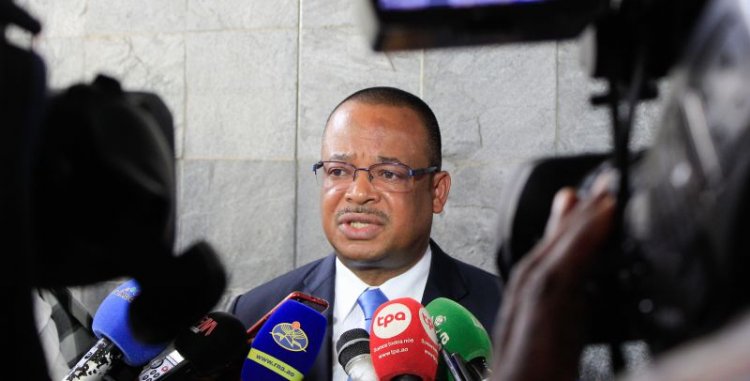Speaking to Lusa, on the sidelines of a workshop on the role of journalists in fighting corruption that took place at the Journalists Training Center (Cefojor), the magistrate considered that only the massification of response actions, at all levels, and the mobilization of civil society can halt these practices, also highlighting the role of education, civil society and the churches.
"Corruption is a loss of moral values, it is necessary to restore them," emphasized Liz, demanding firmness from the reactive bodies, be they public administration inspection or supervisory bodies such as the Court of Auditors, or the police, prosecutors, and courts.
"We need a combination of preventive action and strong institutions to react to cases that are reported," he added.
Mota Liz considered that only in a global combat dimension is it possible to have positive results in the short term, still stressing that these already exist, but must be accelerated, to discourage acts of corruption.
When questioned about the slow pace of court cases, the deputy attorney general stressed that the country's justice system has been undergoing a profound transformation, involving the reorganization of the courts, and that the courts "perhaps were not yet prepared for such a large demand for cases related to crimes of corruption," so the response has been slow.
In addition, he noted, many of the high profile crimes involve people who enjoy a special forum and are exclusively judged in the criminal chamber of the Supreme Court, which "due to its configuration is not sufficiently organized to respond quickly" to all cases.
The magistrate gave as an example the current trial of the GRECIMA case (Gabinete de Revitalização e Execução da Comunicação Institucional e Marketing da Administração) involving the former Minister of Social Communication, Manuel Rabelais, which mobilizes several judges "who should be looking at other cases and other resources.
Mota Liz hopes that the organization of the competencies of the Courts of Appeal, which should start functioning soon, will increase the response capacity and that there may be more celerity in the trials.
The magistrate considered, on the other hand, that journalists also have a fundamental role both in the prevention and repression of corruption, through journalistic investigation and denunciation of this type of acts, underlining that the population must be mobilized for the culture of denunciation.
Mota Liz pointed out that political will is fundamental in this fight, but it is not enough, because "it is important that the whole society participates.
The head of the Attorney General's Office argued that the state must create mechanisms to discourage corruption, pointing to systemic factors such as the organization of the administration itself and public services, which should be debureaucratized and streamlined to protect the citizen.
"The main victim of corruption is the citizen, who must have the conscience and civism to deny corruption," he said.
Mota Liz also emphasized that State institutions "have to be strong" to fight the agents of corruption, both endemic and systemic, which is practiced by the institutions themselves.
Questioned about the existence of "blocking forces", the same responsible affirmed that these must also be fought and denounced, being this also a journalist's role, as long as the denunciations are supported by facts.
During his intervention at Cefojor, Mota Liz indicated that there are also limits to the freedom of the press, urging journalists to do a rigorous and objective work, and to avoid condemnation in the public square, since the courts are the ones who establish the facts and apply sentences.
He admitted, however, that corruption is a practice that takes time to change.
"In the current generation, I don't know if the corrupt will change, grow up with these values, and die with them," said Liz, also pointing out that the lack of denunciations has a moral problem at its base.







